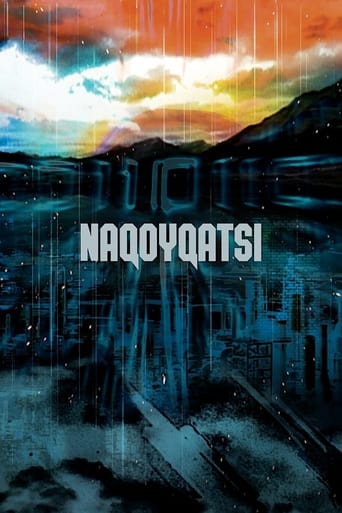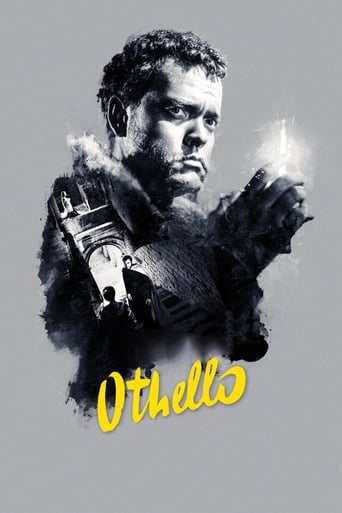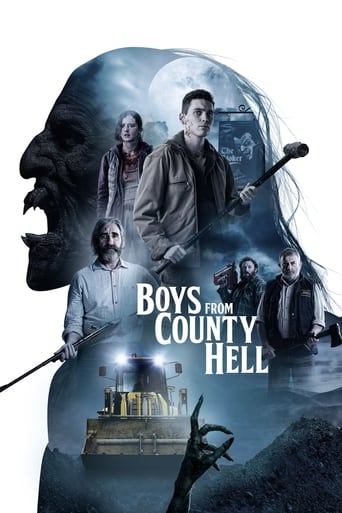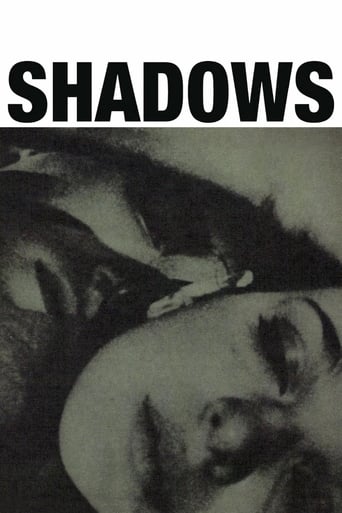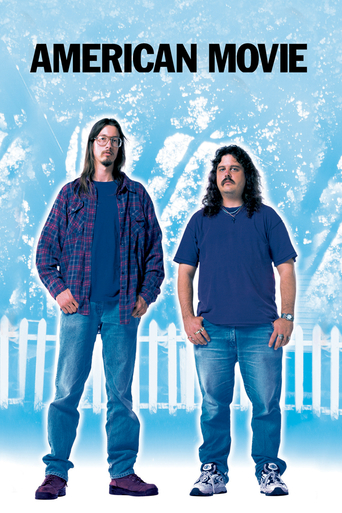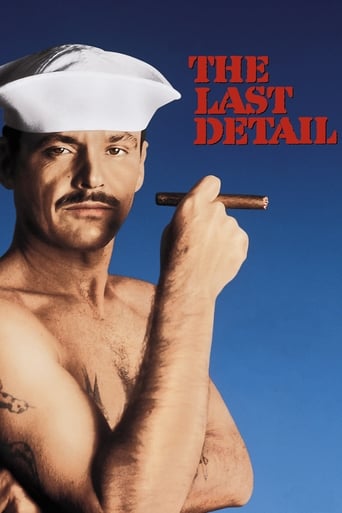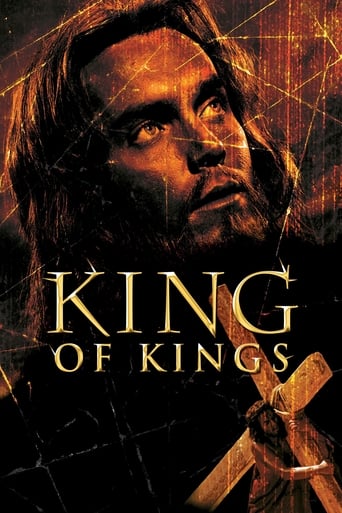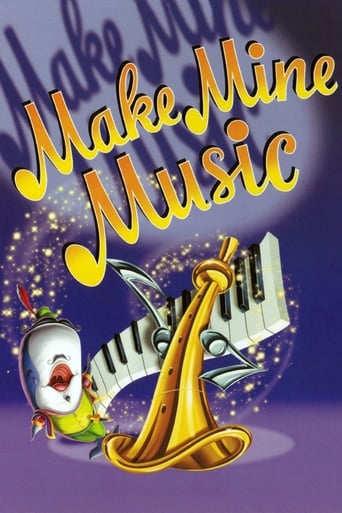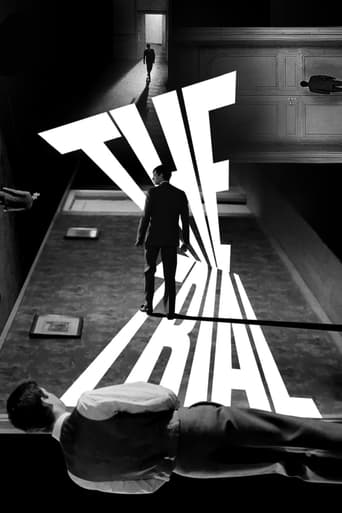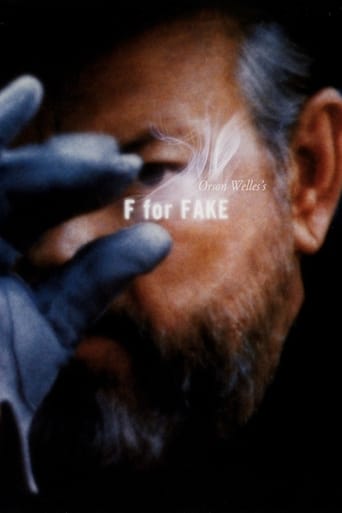


F for Fake
Documents the lives of infamous fakers Elmyr de Hory and Clifford Irving. De Hory, who later committed suicide to avoid more prison time, made his name by selling forged works of art by painters like Picasso and Matisse. Irving was infamous for writing a fake autobiography of Howard Hughes. Welles moves between documentary and fiction as he examines the fundamental elements of fraud and the people who commit fraud at the expense of others.
-
- Cast:
- Orson Welles , Oja Kodar , Elmyr de Hory , Clifford Irving , Laurence Harvey , Paul Stewart , Joseph Cotten


Similar titles

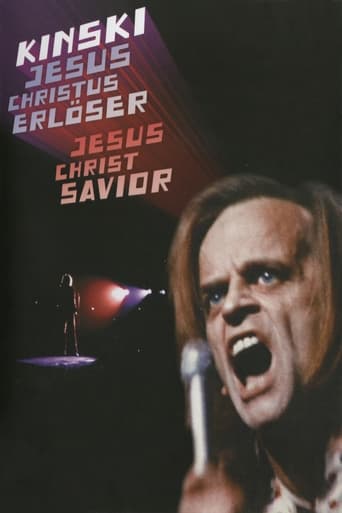
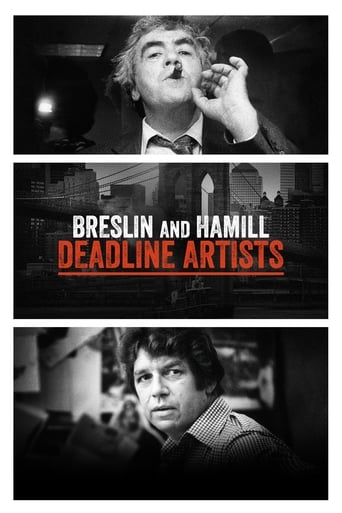
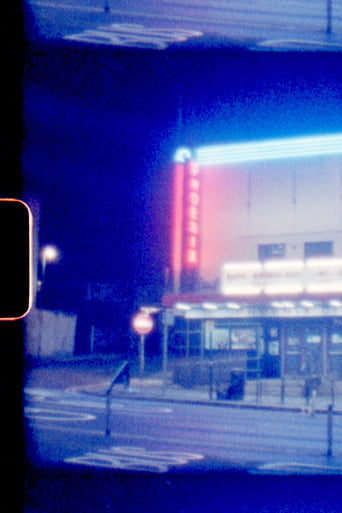
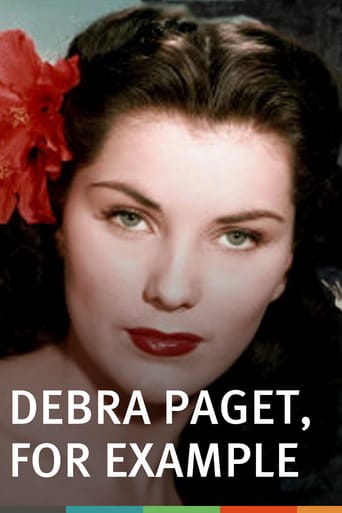
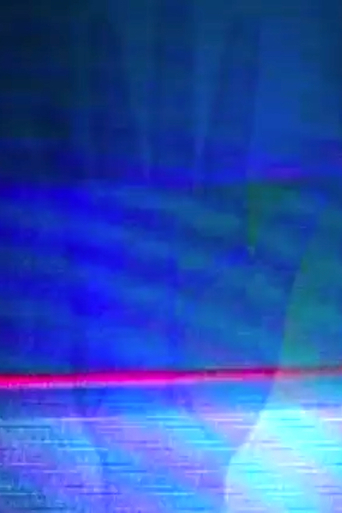
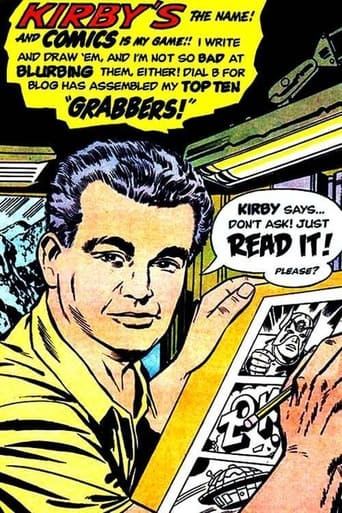
Reviews
Touches You
Simply A Masterpiece
Good concept, poorly executed.
As Good As It Gets
Known in France as 'Truths and Lies'; 'F for Fake' is far from serving as a traditional documentary. Made in 1974, the film is a blend of quick time, dreamlike French New Wave attention-deficit editing. Remind me of Jean Luc Godard and René Clair who used editing to alternately build and deconstruct. It was very surreal, yet somewhat annoying. The whole overused of dated freeze frame was irritating. Despite that, I did like the breaking the fourth wall style filmmaking, with a flair of very questionable information journalism by an unreliable narrator. Welles's rambling is spell-bounding. I like that Welles also draws parallels between the main subject and his own brush with early notoriety. Orson Welles does wonders as the voice of God for this film. I also, kinda dig the fictional movie re-enactments with him, using film noir styles. All of the smoke and mirrors, work for this film, very well. Even if some of them, were cut with odd unrelated footage such as opening staring/airport scene. I guess, Orson Welles just wanted showcase how hot his companion, Oja Kodar, was with the endless amounts of butt shots and nudity. Welles even filmed a trailer that lasted for nine minutes and featured several shots of a topless Kodar. The trailer was rejected by the US distributors to no surprised. I think, Welles went a little overboard with the whole 'trophy wife' concept. In truth, her presence in the film wasn't really needed, as she has nothing to do with the main stories. While, her scenes are somewhat pointless. It's still somewhat fit with the theme of the film. So, it's really hard to say, if this movie was documentary at all. It really broke the standards mode of what is documentary with. For me, it felt more like a participatory docufiction. It's clear by the recent events that happen during production that is impossible for original director François Reichenbach to make an observational type film about fame art forger, painter Elmyr de Hory. So, he first hired B-movie cinematographer Gary Graver to help finish the film. While, he did contributes all footage filmed in the U.S., his work was very choppy. His interviews with Hory and Irving barely explain, anything about the guy, such as Elymr de Hory's jail-time and his open homosexuality. What we are left with is an incomplete picture of de Hory, a complex, but highly enigmatic man unable to shed his outlaw persona, whose notions of morality conformed to the exigencies he believed, that helps with his survival. Sadly, we will never truly know, who the real guy is, as he commit suicide, shortly in 2 years after this movie wrap. Fearing that no audience member, would take the film's seriously. Reichenbach then hired fame director Orson Welles to edit the documentary to include Elmyr de Hory's biographer Clifford Irving, who was revealed to be a forger himself, when his fame Howard Hughes "autobiography" came out to be, a hoax. It soon become aware to Welles, with the circumstances of the production, he can instead, turn the documentary into a meditation on the nature of fakery particularly with regards to authorship and authenticity within the three main media of art: writing, illustration and filmmaking. Without spoiling the movie, too much, I have to say, this performative documentary was very exceptional for its thought provoking subject. You really don't know, what to believe. It's hard to know, what's real and what's not, with this film and whether, does it ultimately, even matters. After all, Welles reflects on this in-film, so well. He suggest that maybe authenticity isn't important to art, because everything will finally wear away by time. No matter, if it's fake or not. It doesn't matter all that much, in the long scheme. In many ways, that was the perfect way to end the film. However, it wasn't. In short, I guess, Orson Welles wanted to troll his audience, a little more, by adding 17 more minutes to the runtime, to show how fake, this movie can get. In the end, he wanted the final laugh. Overall: For a long time the film was Welles' final film, until the posthumous release of 'The Other Side of the Wind' in 2015. In a way, it's should had been. It was a wonderful entertaining film. Remind me, so much of 2010's documentary, 'Exit through the Gift Shop' with its questionable confusing artist style. Highly recommended. It really deserves to be in the Criterion Collection, big time.
The Criterion Collection DVD has a wealth of material that will delight any fan of Orson Welles, and maybe a lot of others as well. First there is the film "F for Fake." Welles narrates, directs, and appears as himself. He opens with a magic trick and performs a few more in the film. The thrust of the movie concentrates on Elmyr de Hory (the master art forger) and Clifford Irving (the author of the fake biography of Howard Hughes). Welles puts himself, as a filmmaker, as a faker as well, noting that movies and actors are engaged in creating illusions--this is the thread that pulls the somewhat disjointed elements of the movie together. There is documentary footage of de Hory at work--he could toss off a fake Picasso in a matter of minutes. His work fooled many an art expert and was accepted by museums and art auctions. His work was not just a copy of originals, but done "in the style of." His work was so good that fake de Hory's started turning up. If a fake is so good as to be taken for the real thing, is it of any less value? Of course the movie would not be complete without Welles ultimately pulling a fast one on the audience before it is over.Also contained on the DVD is the 90-minute film "Orson Welles: The One-Man Band." This is a collection of archival material of some of Welles' work, including things that had never been released before. There are some real highlights here, like Wells reading passages from "Moby Dick" and as Shylock from "The Merchant of Venice." These are examples of Welles' commanding presence. I came away from this movie with a greatly altered opinion of Welles. He could be quite playful and whimsical. There is a sketch that has him being measured for a suit by a couple of Pythonesque tailors that had me laughing out loud. There is documentation about the difficulties Welles had in getting funding for his projects and how frequently funding would be withdrawn before film completion. Apparently "The Merchant of Venice" was completed but the film disappeared. The film "The Other Side of the Wind" was close to completion in the 1970s but it ran into production difficulties--it is supposed to be completed and released in May of 2015. After watching this material of Welles I was saddened by thoughts of what might have been.Welles is shown accepting an American Film Institute life Achievement Award. I was expecting some sharp words or some evidence of anger in his acceptance, but he was quite sincere and gracious. There is an extended segment that has Welles answering questions from a large audience. Here again I was surprised to see how affable and quick witted Welles could be.The DVD contains an interview with Peter Bogdanovich, who obviously admires Welles. There is a 60 Minutes interview with Richard Irving (after he had been exposed as a fake biographer) that is interesting. There is also a straight one-hour documentary on Elmyr de Hory.You get your money's worth from this DVD.
Orson Welles's final completed movie deals with fakery, and in particular with two of the most notorious forgers of the twentieth century. "F is for Fakes" (also called "F for Fake") is not really a movie or documentary as much as a look at how we interpret art, and what we WANT to interpret about anything that is essentially fake. Welles proudly calls himself a charlatan while performing magic tricks and coming up with all sorts of ways to play with the audience. I personally had never heard of Elmyr de Hory until watching this, but Welles turns him into a very interesting person.All in all, the director known as a boy genius had a fine end to his career. Welles created a truly mind-bending look at the concept of art. The fact that the movie came out around the time that Clifford Irving's scandal broke (he wrote a forged biography of Howard Hughes) certainly adds to the documentary's quality. Can there truly be any more definite reality left in the world?
that Welles said was that he's been in decline his whole career.There was an interesting story here. Unfortunately, Welles seemed completely incapable of telling it. Instead, he was trying to tell a bunch of different stories, about Elmyr, about Clifford Irving, about his pompous view of critics and experts, oh, yeah, and trying to jump start his current girlfriend's career by giving her unneeded screen time. (Oja, honey, when they told you to sleep with the director, they didn't mean one washed up like a whale on a beach!) Welles was probably trying to cash in with a bunch of footage of Clifford Irving as Irving was becoming a household name with his role in the faked auto-biography of Howard Hughes. Unfortunately, it means the subject of his film, Elmyr, didn't get the time he deserved and he was probably the more interesting story.The great tragedy of Orson Welles was that he peaked early, and then spent the rest of his career sputtering, finally doing wine commercials and awful documentaries...

